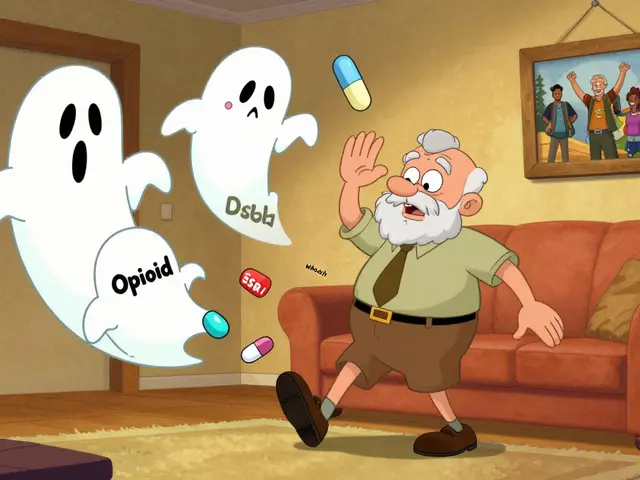Coping Mechanisms: Simple Strategies for Everyday Stress Relief
Feeling overwhelmed by work, health worries, or just life’s curveballs? You’re not alone. The good news is that coping mechanisms don’t have to be complicated. A few straightforward habits can make a big difference in how you handle stress.
Why Coping Matters
When stress piles up, your body releases hormones like cortisol that keep you on high alert. Over time, this constant tension can affect sleep, digestion, and even mood. By using practical coping tools, you break the cycle, lower hormone spikes, and give yourself space to think clearly.
Practical Coping Techniques
1. Breath Reset: Try a 4‑7‑8 breathing pattern – inhale for four seconds, hold for seven, exhale for eight. Doing this three times can calm the nervous system in under a minute.
2. Mini Movement Breaks: Stand up, stretch, or walk around your room for a couple of minutes every hour. Small bursts of activity improve circulation and reset mental focus.
3. Grounding with the 5‑4‑3‑2‑1 Trick: Look around and name five things you see, four you can touch, three you hear, two you smell, and one you taste. This pulls your mind away from worry and into the present.
4. Journaling Prompt: Write down one thing that bothered you today and next to it, list one small action you could take tomorrow to improve it. Seeing a concrete step reduces feeling stuck.
5. Limit Information Overload: Set specific times to check news or health forums. Constant scrolling can heighten anxiety; schedule short windows instead of endless scrolling.
These techniques don’t require special equipment or hours of practice. The key is consistency – pick two you like and use them daily for a week, then add another if it feels right.
If you’re dealing with medication side effects or chronic illness, pair these coping tools with guidance from your doctor or pharmacist. Simple habits can boost the effectiveness of treatments by keeping stress levels low.
Remember, coping isn’t about eliminating stress completely; it’s about giving yourself a toolbox to manage it when it shows up. Try one new method today and notice how your mood shifts. Small changes add up, leading to clearer thoughts and better overall health.




